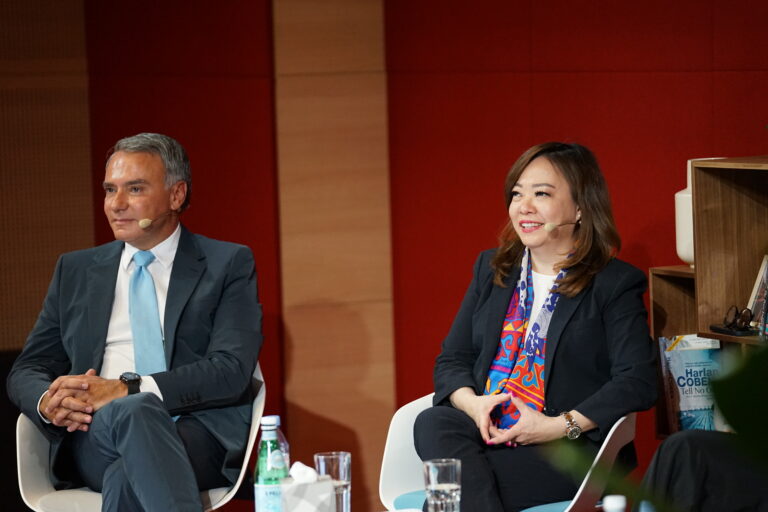
Richard Martin is the CEO of the Mindful Business Charter and will be speaking about protecting men’s health in the workplace at the digital INCLUSION Festival. You can register for your ticket here: https://diversity-network.com/inclusion-festival/
Work-related stress and mental illness costs businesses in the US £300 billion each year; in the UK, the figure is £26 billion per annum.
The Mindful Business Charter is an organisation which helps companies perform better by identifying and mitigating the causes of stress in the workplace.
Here, Richard talks to Diversity Network about whether workplace wellbeing initiatives need to cost as much as they do – and if organisations are focusing on the wrong things.
Q According to the Mindful Business Charter, there is increasing research to suggest that expensive corporate wellbeing benefits don’t make any meaningful improvement in the mental health of people. What sort of initiatives aren’t working?
“Over the past decades there has been welcome focus and investment in the workplace on wellbeing, and most of that investment tends to focus on two areas: resources to make people more resilient and resources to support people when they are in a state of stress.
“We could question what we mean by resilience in the workplace context, and also question the onus that organisations are placing on the individual to change rather than the organisation itself.
“I’m not decrying employee assistant programmes or yoga classes or gym memberships but, increasingly, as the wellbeing market becomes more mature and also further research is done, the evidence shows pretty clearly there is little or no meaningful positive impact within workplaces for mental health by having this approach.
“The evidence is clear that, actually, the thing that makes a difference is structural, systemic change to the way we work.
“Rather than changing the individual, it is about changing the workplace.
“I use the analogy that you can give me any number of swimming lessons but if you keep throwing me overboard in the sea, I will drown and it won’t be my fault for lack of resilience.”
Q What can organisations concentrate on to effectively improve the wellbeing of their people?
“Focus efforts on what is the cause of stress rather than dealing with symptoms. We know from research that the prime cause of mental illness from a workplace perspective is stress. And, at the same time, what is controllable in the workplace is stress.
“Of course we can’t remove all stress. And it’s not about not working hard and putting in the hours when we need to, but instead being more thoughtful about what we are doing and aware of our behaviours so we can identify those unnecessary sources of stress.
“Doing this has a double benefit because stress is not good for our productivity and efficiency. Stress triggers the body’s amygdala response and stops the blood supply to the prefrontal cortex of the brain where we do our high-quality thinking.
Q Can you share some practical examples of initiatives?
“Small interventions can make a big difference. Research by Dr Kevin Teoh at Birkbeck Business School found that NHS workers reported immediate, positive impact on their levels of wellbeing when the number of internal meetings they were called to were reduced – that small, regular extra support of not having so many meetings made a significant difference.
“Sleep is an interesting thing. If you deprive someone of sleep for a week, almost everyone will become psychotic. But it is a badge of honour to do an all-nighter in some corporations. We can all see that if you have been working hard all day, it is more difficult to keep working – for example, most of us have to read something two or three times understand it at the end of the day. There’s only so much you can do before productivity drops.”
Q What is the Mindful Business Charter?
“We’re a membership organisation to encourage companies to think about and implement our charter. It’s a framework and a common language and allows permission to talk about mental health both internally and externally with clients.
“There’s an assumption within corporates that we know what good client service looks like – but if a conversation is happening with clients, such as talking about reasonable time frames to deliver work or adjusting expectations because of personal reasons, that’s when the real difference is made.”
Richard Martin will be speaking about protecting men’s health in the workplace at Diversity Network’s INCLUSION event. You can register for your ticket here: https://diversity-network.com/inclusion-festival/
www.mindfulbusinesscharter.com
Richard has written about anxiety in the professional world in his book This Too Shall Pass – available on Amazon and in bookshops.






